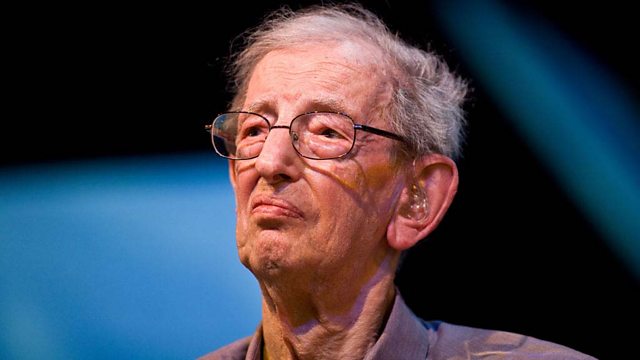History and Understanding the Past
Melvyn Bragg examines whether we can ever predict the future by understanding the past. What kind of lessons is it possible for leaders, governments or people to take from history?
Melvyn Bragg and guests discuss what can be learnt from history. Many of us were taught that an understanding of the past was essential to a knowledge of the present and, more excitingly, to a view of the future. Dig deep into the pockets of Greece and Rome, the Medievals and the Enlightened, drink deep at the well of history and from that sacred study, as from the Oracle at Delphi, would come prophecies, predictions, a sense of what is to come, based on a belief in the continuity of history. But in the 1980s reputable historians predicted the end of the American empire and the rise and rise of the Russian empire. And Lord Metroland, the old booby in Evelyn Waughβs novel Put Out More Flags, was forever reading history wrongly. But the way we read history is a matter of key intellectual significance. The eminent historian Eric Hobsbawmβs book The New Century came out when the 21st century was but a few months old. Is it really possible for history to tell us something about an era which has hardly begun? Can we ever predict the future by understanding the past? Should we seek to understand the past because it holds important lessons for the future - or is history, as Henry Ford would have it, βmore or less bunkβ?With Richard J Evans, Professor of Modern History, University of Cambridge; Eric Hobsbawm, eminent historian and author of The New Century.
Last on
More episodes
Previous
Next
Broadcasts
- Thu 30 Mar 2000 09:02ΒιΆΉΤΌΕΔ Radio 4
- Thu 30 Mar 2000 21:30ΒιΆΉΤΌΕΔ Radio 4
In Our Time podcasts
Download programmes from the huge In Our Time archive.
The In Our Time Listeners' Top 10
If youβre new to In Our Time, this is a good place to start.
Arts and Ideas podcast
Download the best of Radio 3's Free Thinking programme.
Podcast
-
![]()
In Our Time
Melvyn Bragg and guests discuss the ideas, people and events that have shaped our world.


